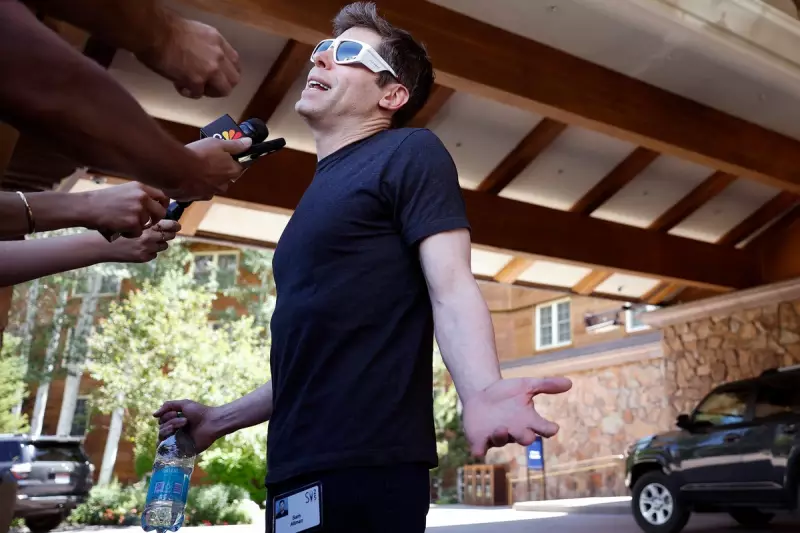
The artificial intelligence landscape is witnessing an unprecedented arms race as OpenAI unveils its revolutionary text-to-video generator, Sora, setting the stage for a fierce competition with tech giants Meta and Google.
The Dawn of Photorealistic AI Video
Sora represents a quantum leap in AI capabilities, transforming simple text prompts into remarkably realistic video sequences up to one minute in length. Unlike previous generations of video AI, Sora demonstrates an astonishing understanding of physical reality, creating scenes with convincing lighting, textures, and object interactions that blur the line between artificial and human-created content.
Tech Titans Clash in AI Arena
The announcement positions OpenAI directly against Meta's recently unveiled video generation tool and Google's Lumiere, creating a three-way battle for dominance in the rapidly expanding generative video market. Industry analysts suggest this competition will accelerate innovation while raising crucial questions about ethical implementation and potential misuse.
Capabilities That Redefine Creative Boundaries
Early demonstrations showcase Sora's ability to generate complex scenes featuring multiple characters, specific types of motion, and detailed background elements that remain consistent throughout the video. The AI demonstrates particular strength in understanding how objects exist in the physical world, creating convincing simulations of water movement, fabric dynamics, and environmental interactions.
The Ethical Frontier
As with any groundbreaking technology, Sora's emergence brings significant ethical considerations. OpenAI has implemented several safety measures, including:
- Red teaming by cybersecurity experts to identify potential misuse
- Development of detection tools to identify AI-generated content
- Working with global policymakers on responsible implementation
- Cautious access rollout to select creators and researchers
What This Means for Content Creation
The implications for filmmakers, marketers, and content creators are profound. Sora and similar technologies promise to democratise video production while potentially disrupting traditional creative industries. However, experts caution that human creativity and oversight will remain essential, with AI serving as a tool rather than a replacement for genuine artistic vision.
The Road Ahead
While Sora currently remains in limited testing, its public release could transform how we consume and create visual media. The technology's rapid advancement suggests that within months, rather than years, AI-generated video could become indistinguishable from filmed content, raising both exciting possibilities and significant challenges for media authenticity and verification.
As these AI giants continue their technological duel, one thing remains clear: the future of video creation is being rewritten before our eyes, and the implications will resonate across every sector that relies on visual storytelling.





